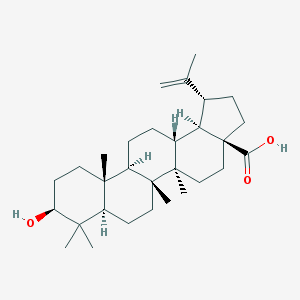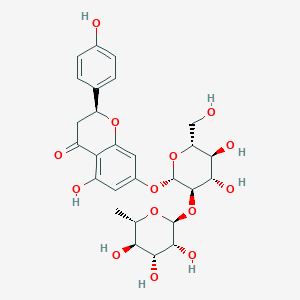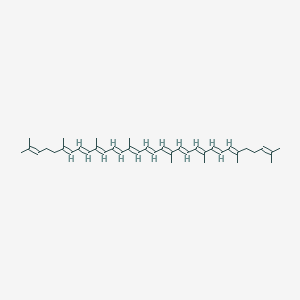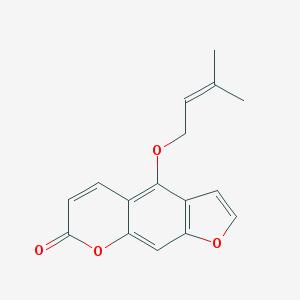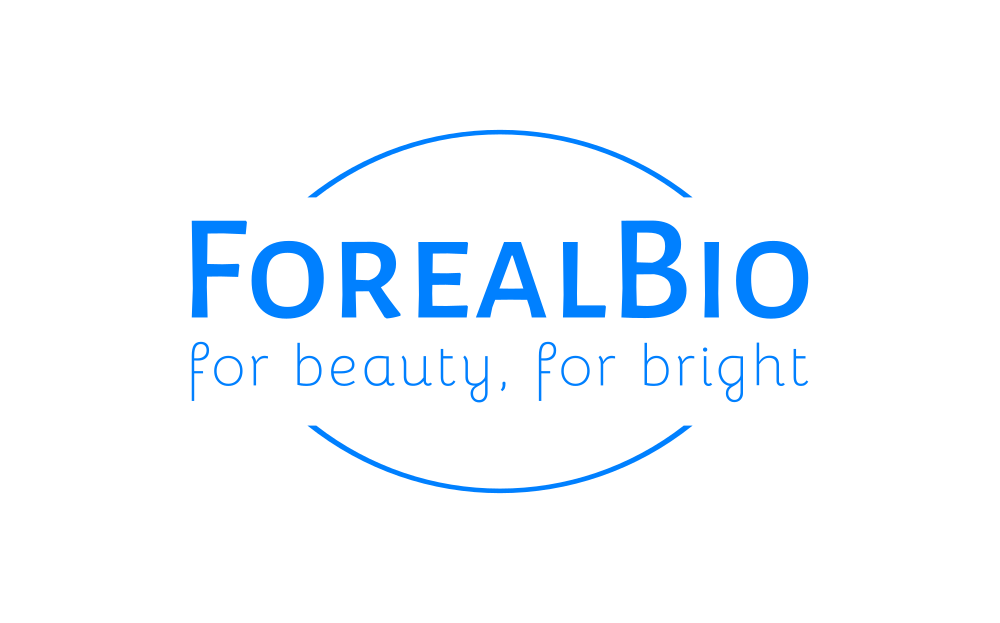Description
Betulinic acid is a triterpenoid chemical found naturally in the bark of white birch trees (Betula alba) and other plants. It has been researched for potential medicinal applications, such as anticancer and anti-inflammatory properties.
Betulinic acid kills cancer cells by triggering apoptosis, or programmed cell death. It has been shown to be effective against a wide range of cancers, including melanoma, leukemia, and breast cancer. Betulinic acid has been shown to have anti-inflammatory, antioxidant, and antiviral properties in addition to its anticancer capabilities, and is being investigated for its potential use in the treatment of many disorders.
Betulinic acid is commonly consumed as a dietary supplement and comes in a variety of forms, including capsules, pills, and teas. When used as intended, it is generally regarded safe, while it might cause adverse effects such as stomach problems and allergic responses in some people.
Here are some of its main benefits and applications:
- Anti-Cancer Properties: One of the most notable benefits of betulinic acid is its potential as an anti-cancer agent. It has been found to induce apoptosis in cancer cells without affecting normal cells, making it a promising compound for cancer therapy. Research has shown its effectiveness against a variety of cancer types, including melanoma, neuroectodermal tumors, and leukemia.
- Anti-HIV Activity: Betulinic acid has demonstrated activity against HIV, the virus that causes AIDS. It specifically inhibits the maturation of the HIV-1 virus, thereby potentially limiting the spread of the virus in infected individuals.
- Anti-Inflammatory and Antimicrobial Effects: It also exhibits anti-inflammatory properties, which could be beneficial in treating conditions like arthritis. Additionally, betulinic acid has shown antimicrobial activity against a range of bacteria and fungi.
- Neuroprotective Effects: Some studies suggest that betulinic acid may have neuroprotective effects, potentially useful in treating neurodegenerative diseases like Alzheimer’s disease.
- Application in Cosmetics: Due to its antioxidant properties, betulinic acid is sometimes used in cosmetic formulations for skin care products.
- Potential in Treating Metabolic Disorders: There is emerging evidence that betulinic acid may have therapeutic potential in treating metabolic disorders, such as obesity and diabetes, though more research is needed in this area.

